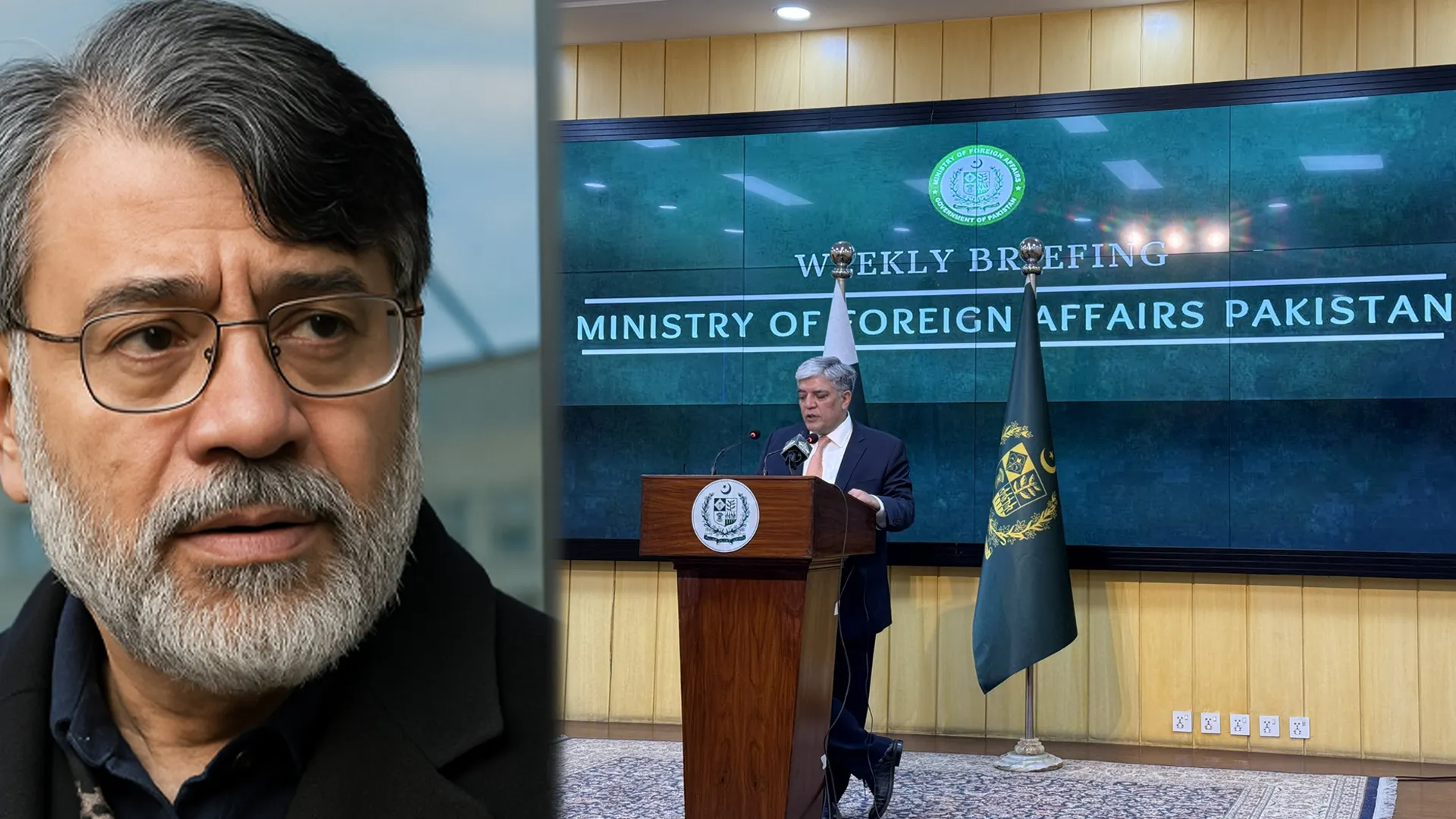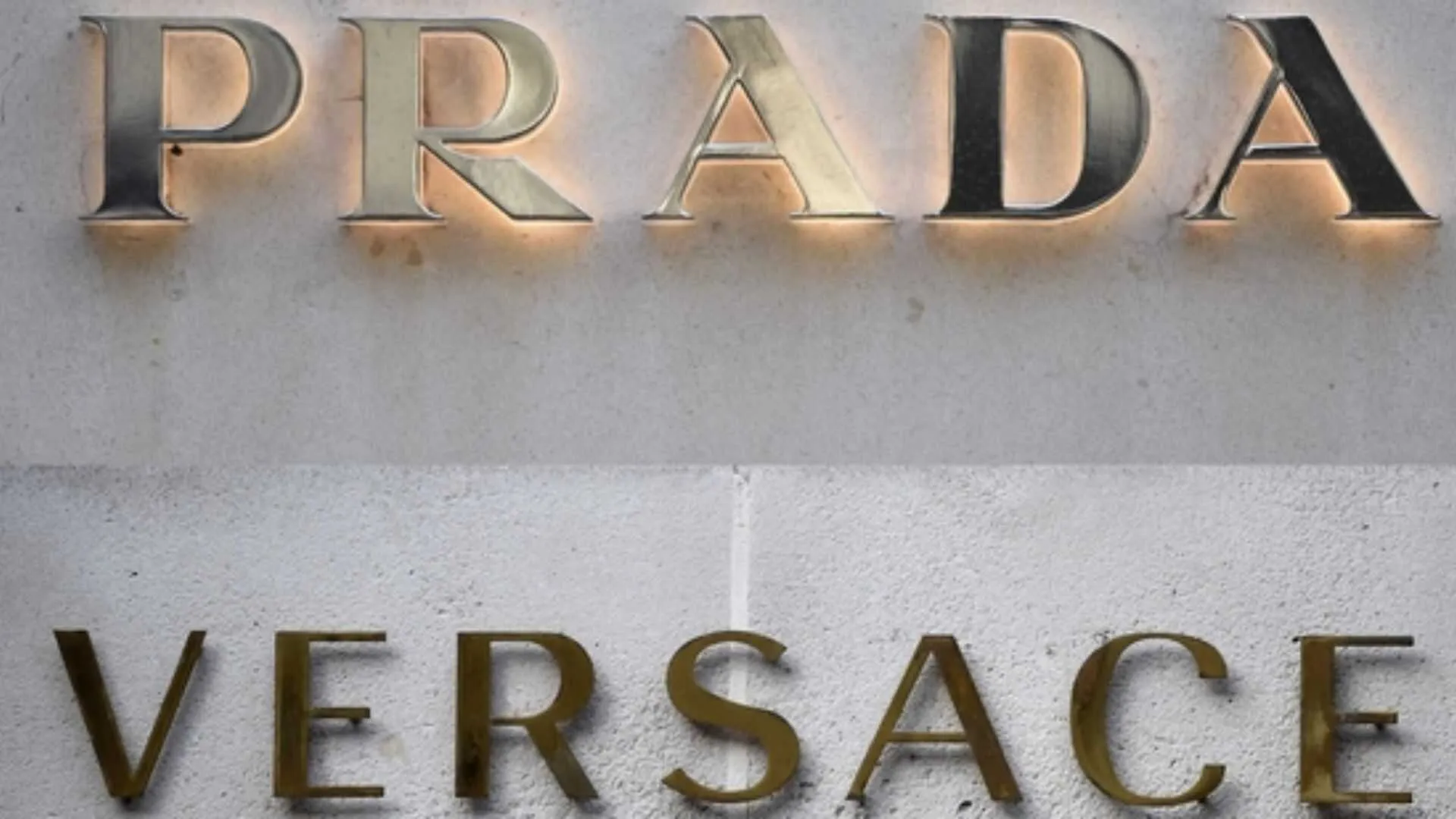In a significant move that has stirred debates across the state, Assam Chief Minister Himanta Biswa Sarma announced a statewide ban on the serving and consumption of beef in all public places, including restaurants, hotels, and public events. The decision extends the earlier provisions of the Assam Cattle Preservation Act, 2021, which already prohibited cattle slaughter. The CM’s statement that beef would no longer be available in any community or public space marks a major step in the state’s ongoing efforts to preserve cattle and regulate beef consumption, a move that has drawn mixed reactions from both supporters and critics.
The Extension of the 2021 Cattle Preservation Act
The Assam Cattle Preservation Act, which was passed in 2021, initially sought to curb the slaughter of cattle, especially in a region where beef has been a staple for many communities. The act focused on preventing the slaughter of cows and other bovine animals, with exceptions made for certain circumstances like the consumption of buffalo meat in specific areas. The law had already caused significant changes, particularly in the markets where beef had been widely available. However, the latest decision by the state government to extend the ban to all public places marks a notable shift from the original policy.
According to CM Himanta Biswa Sarma, the law has been “quite successful” in preventing the slaughter of cattle, and now, the government has decided to further curb the consumption of beef. Sarma emphasized that the expanded ban was aimed at promoting a more cohesive environment, especially in areas where beef consumption might be seen as controversial.
“Earlier our decision was to stop eating beef near temples, but now we have expanded it to the entire state. From today, you will not be able to eat beef in any community place, public place, hotel, or restaurant,” Sarma stated during a press briefing. The CM’s statement was met with applause from some sectors of the society while drawing criticism from others, particularly those in the state’s Muslim and tribal communities, for whom beef consumption is a cultural tradition.
Religious and Cultural Dimensions of the Ban
The decision to ban beef in public spaces in Assam has sparked a vigorous debate across different segments of society. Assam, with its diverse cultural and religious demographics, has long had a complex relationship with beef consumption. While beef is a staple food for many in the state, particularly among the Muslim and tribal communities, it has also been a point of contention for others, particularly Hindus, for whom cows are sacred animals.
Political Implications of the Ban
The announcement also has political ramifications, especially in a state like Assam, where identity politics play a crucial role. Himanta Biswa Sarma’s Bharatiya Janata Party (BJP) government has faced opposition from several quarters, including political rivals, who accuse the ruling party of pandering to its Hindu base while sidelining the interests of minority communities.
The decision has led to sharp criticism from opposition parties, including the Indian National Congress (INC) and All India United Democratic Front (AIUDF). The opposition leaders have argued that the ban is a politically motivated move that will harm the social fabric of the state, which is known for its religious and cultural diversity. “This is an attempt to alienate the minority communities and push forward a divisive agenda,” said an INC spokesperson in response to the announcement.





















